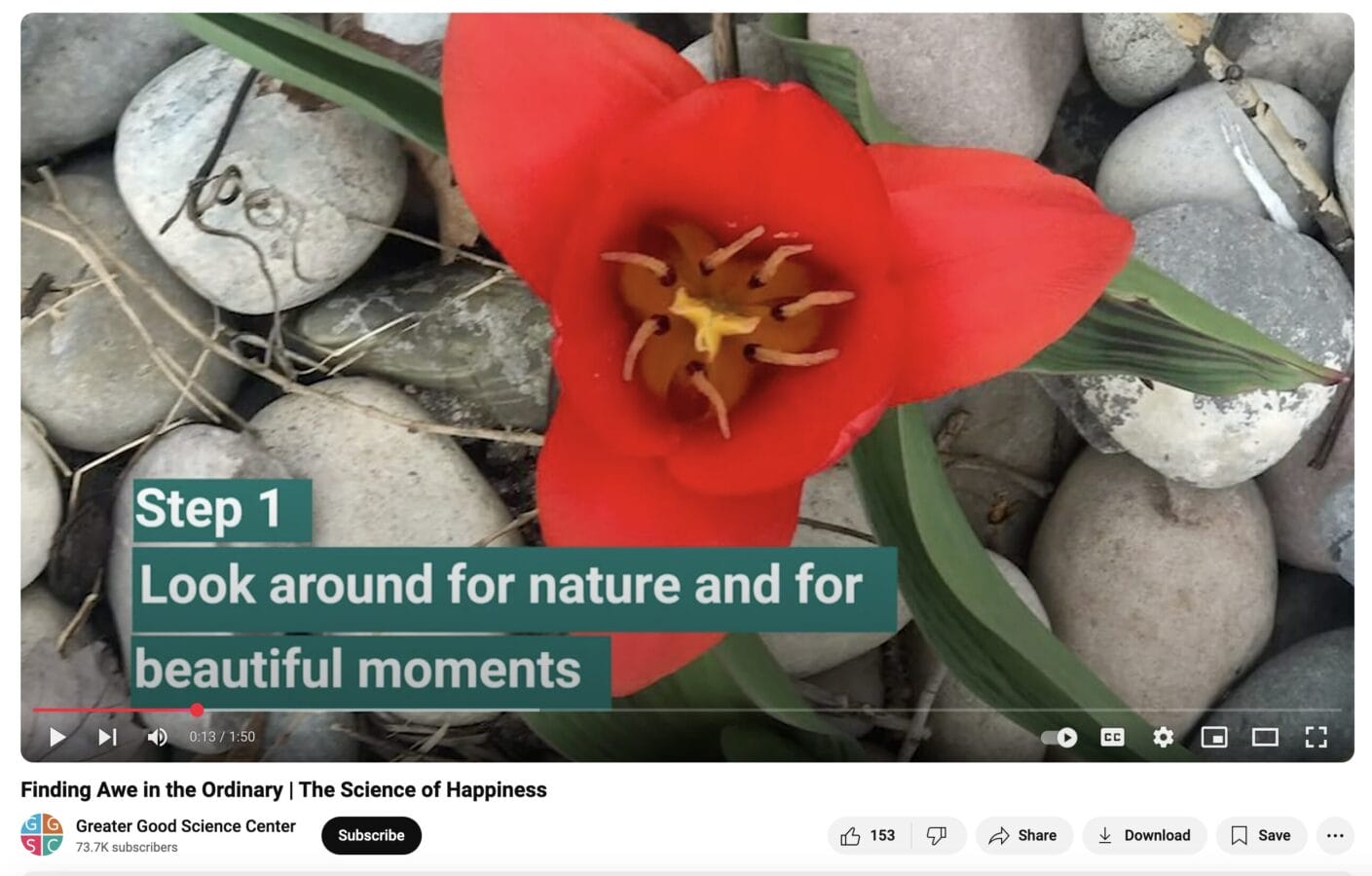Join Center for Inspired Teaching in our campaign to make Curiosity the word of the year in 2025! Take the below Curiosity Challenge, share it with friends and family, and make every day a day full of curiosity.
Follow a Wondering
Learn something new for no reason.
“I almost wish I hadn’t gone down that rabbit-hole – and yet – and yet – it’s rather curious, you know, this sort of life!”
– Alice in Wonderland, by Lewis Carroll
Today it’s time to try something you’ve never tried before.
This could be a new food, a new exercise, a new genre of music or literature or TV show, a new recipe, a walk in a new park.
Or, learn something just because you want to. Watch a YouTube video or TED talk (or, crazy idea, read a book) about quantum physics or bioengineering or body language or procrastination. (Looking for inspiration? Here are some of the things staff at Inspired Teaching are learning about right now!)
Your goal here is not to become an expert. It’s to expose yourself to something that, until now, wasn’t part of your life.
See what it feels like to step out of your comfort zone, to go down a rabbit hole. Notice how you respond to the new thing.
What else does this experience make you want to try?
What does it make you notice about how you approach new things?
Did You Know?
New knowledge creates the immediate synaptic plasticity which is associated with learning (Cantor et al, 2019; Ghiglieri et al, 2011; Humeau & Choquet, 2019).
Curiosity is a basic element of our cognition. It is…a motivator for learning, influential in decision-making, and crucial for healthy developmen. Curiosity—broadly defined as the desire to acquire new information—enhances learning strategies, metacognitive strategies, and memory in children and adolescents (Giota & Bergh, 2021; Oudeyer et al, 2016).


